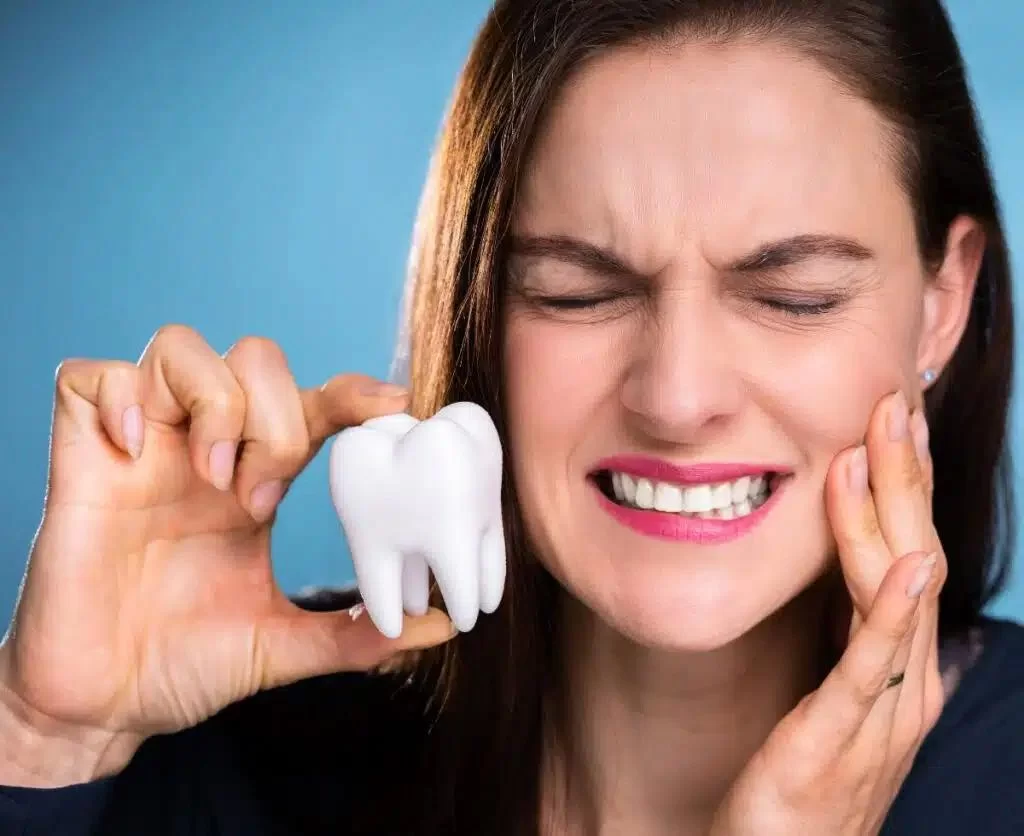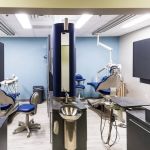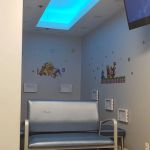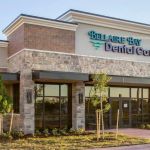
How to Handle a Dental Emergency on the Weekend: Essential Tips and Solutions
- 1. Understanding Dental Emergencies
- 2. Common Weekend Dental Emergencies
- 3. Immediate Actions You Can Take
- 4. When to Seek Professional Help
- 5. Preventing Future Dental Emergencies
- 6. Dental Care Essentials for Emergencies
- 7. Finding Urgent Dental Care on the Weekend
1. Understanding Dental Emergencies
A dental emergency can strike at any time, but it often feels more pressing when it happens on the weekend. The first step in handling a dental emergency is to understand what constitutes one. Some dental issues are clearly emergencies, like a knocked-out tooth or severe toothache, while others may be uncomfortable but not life-threatening. Knowing the difference can help you determine whether you need urgent care or if you can wait until regular office hours.
2. Common Weekend Dental Emergencies
Many people experience dental emergencies on the weekend when their regular dentist's office is closed. Common emergencies include:
- Severe Toothache: Persistent pain could signal an underlying issue like an infection or abscess.
- Broken or Chipped Tooth: Accidents or biting on hard foods can cause teeth to crack.
- Knocked-Out Tooth: Accidents, especially in sports or falls, can result in a tooth being knocked out.
- Lost Filling or Crown: A filling or crown that falls out can expose sensitive areas, causing pain.
3. Immediate Actions You Can Take
While you may not be able to access professional dental care immediately, there are things you can do at home to manage a dental emergency until you can see a dentist. For instance:
- Toothache: Rinse with warm salt water, take over-the-counter pain relievers, and apply a cold compress to reduce swelling.
- Knocked-Out Tooth: Rinse the tooth gently with water, avoid touching the root, and place it back in the socket or keep it in a container with milk.
- Chipped or Broken Tooth: Keep the broken pieces, apply a cold compress to reduce swelling, and avoid chewing on the affected side.
- Lost Filling or Crown: Temporary dental cement from a pharmacy can hold the filling or crown in place until you see a dentist.
4. When to Seek Professional Help
While some dental issues can be managed at home temporarily, others require immediate professional attention. If you experience severe pain, bleeding that won't stop, or have a knocked-out tooth that you cannot reinsert, it's important to seek professional care as soon as possible. Many areas have emergency dental services that operate outside normal business hours, including weekends. Don't wait too long to get treated, as delays can lead to further complications.
5. Preventing Future Dental Emergencies
The best way to handle a dental emergency is to avoid one in the first place. Consider these preventative tips:
- Regular Dental Checkups: Visit your dentist regularly to catch potential issues before they escalate.
- Wear a Mouthguard: If you play sports, a mouthguard can protect your teeth from injury.
- Good Oral Hygiene: Brush and floss daily to prevent cavities, which can lead to more severe issues if left untreated.
- Be Careful with Hard Foods: Avoid biting down on ice, hard candies, or other substances that can damage your teeth.
6. Dental Care Essentials for Emergencies
Having a dental emergency kit at home can help you manage situations effectively. Your kit should include:
- Temporary dental cement
- Cold packs
- Antiseptic mouthwash
- Over-the-counter pain relievers
- A small container for a knocked-out tooth
Having these items readily available can make it easier to manage a dental emergency while you arrange to see a dentist.
7. Finding Urgent Dental Care on the Weekend
If you're experiencing a dental emergency and can't wait until Monday, don't panic. Many cities have urgent dental care facilities that are open on weekends. Use online resources to search for "emergency dental care near me" or check with your regular dentist to see if they offer after-hours services. Websites like Dentistry Toothtruth can provide more information about urgent care options.
In summary, knowing how to handle a dental emergency on the weekend is crucial for protecting your oral health. Whether it's a toothache, lost filling, or knocked-out tooth, taking immediate action can help reduce pain and prevent further damage. For more information on handling dental emergencies and finding weekend care, visit Dentistry Toothtruth for expert advice and services.







 Southside Community Health Services4.0 (186 review)
Southside Community Health Services4.0 (186 review) Amazing Smiles Family Dentistry4.0 (412 review)
Amazing Smiles Family Dentistry4.0 (412 review) Lil Smile Builders Children's Dentistry4.0 (566 review)
Lil Smile Builders Children's Dentistry4.0 (566 review) Children's Dental FunZone - Pediatric Dentist & Orthodontist - Eagle Rock4.0 (1768 review)
Children's Dental FunZone - Pediatric Dentist & Orthodontist - Eagle Rock4.0 (1768 review) Idaho Falls Dental Group4.0 (1139 review)
Idaho Falls Dental Group4.0 (1139 review) Bellaire Bay Dental Care4.0 (766 review)
Bellaire Bay Dental Care4.0 (766 review) The Importance of Oral Health Education During Pregnancy for a Healthy Pregnancy
The Importance of Oral Health Education During Pregnancy for a Healthy Pregnancy Best Tips for Brushing Your Teeth Properly for Healthy Gums: Essential Techniques for Oral Health
Best Tips for Brushing Your Teeth Properly for Healthy Gums: Essential Techniques for Oral Health Why Skipping Dental Checkups Can Lead to Bigger Oral Health Problems
Why Skipping Dental Checkups Can Lead to Bigger Oral Health Problems Advantages of Porcelain Dental Restorations
Advantages of Porcelain Dental Restorations How Can Diabetes Cause Tooth and Gum Problems? Preventing and Managing Oral Health Issues
How Can Diabetes Cause Tooth and Gum Problems? Preventing and Managing Oral Health Issues Healthy Habits for Promoting Good Oral Health and Hygiene: Tips for a Healthy Smile
Healthy Habits for Promoting Good Oral Health and Hygiene: Tips for a Healthy Smile